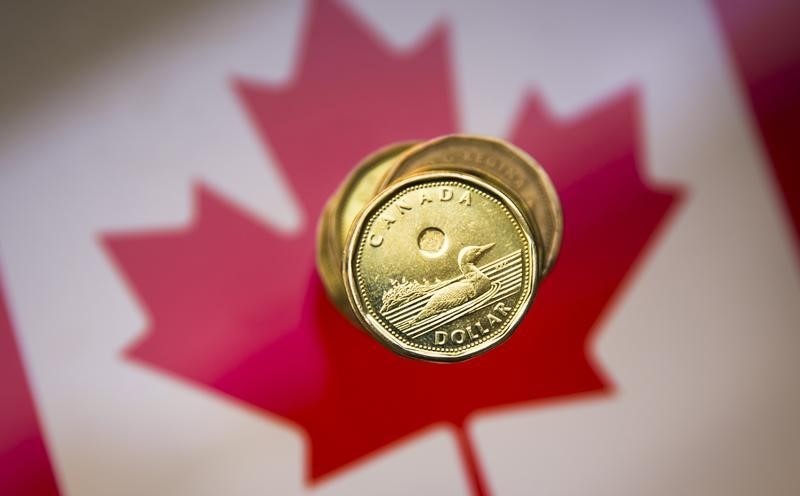* Canadian dollar hit hard as oil prices extend fall
* Sterling awaits outcome of BOE's first policy review for 2016
* Dollar index softer, Aussie eyes jobs data
By Ian Chua
SYDNEY, Jan 14 (Reuters) - The Canadian dollar wallowed at a 12-year trough early on Thursday following another slide in oil prices, while sterling was pinned near a 5-1/2 year low ahead of the Bank of England's first policy review of the year.
Sentiment also soured for the greenback, which retreated from a one-week high against a basket of major currencies as U.S. stocks .SPX sank to fresh three-month lows.
The dollar index .DXY last stood at 98.901, having been as high as 99.333. Against the yen, the greenback bought 117.63 JPY= , down from 118.38. The euro rebounded to $1.0882 EUR= , from $1.0805.
Not helping dollar bulls, two top Federal Reserve officials expressed concerns about slowing Chinese growth.
Boston Fed President Eric Rosengren said global and U.S. economic growth may be slipping and could force the Fed into a more gradual course of rate hikes than officials currently expect. loonie was the standout currency, falling as far as C$1.4380 per USD CAD=D4 , a low not seen since early 2003. It has since edged back to C$1.4346.
Investors took aim at the Canadian dollar as Brent crude dipped below $30 a barrel for the first time since April 2004, fuelling speculation the Bank of Canada could cut interest rates as early as next week.
While currencies of most oil exporters have had a torrid time, the Norwegian crown NOK= has managed to bounce off its lows in the past week. The dollar last bought 8.8188 crowns NOK= versus 8.9913 a week ago.
Analysts at National Australia Bank said this reflected the fact that the country's State Oil Fund has been "busily selling offshore assets to help plug budget holes at home."
"A familiar theme elsewhere among major oil producers, but which has not prevented their currencies from weakening or seen their dollar pegs held - so far," they wrote in a note to clients.
The market also gave sterling a wide berth even though the consensus is for the BOE to leave rates on hold. Some investors suspect the central bank may sound more dovish given the uncertain global backdrop.
The jittery start to global financial markets has taken a heavy toll on Antipodean currencies, which are usually sold off in times of heightened risk aversion.
The Australian dollar is already down a hefty 4.6 percent, extending last year's slide of 10.7 percent.
It was last at $0.6953 AUD=D4 , near a four-month low of $0.6927 set on Monday. A break below the September trough of $0.6892 will take it to lows not seen since early 2009.
Australia's volatile employment data are due at 0030 GMT and could provide some excitement for traders. After two extraordinarily strong months of jobs growth, forecasts centred on a modest fall of 12,500. ECONAU
But as is the case so far this year, the main focus will be on the Chinese yuan and stock markets. China's central bank held the line on its currency in the past few days, calming fears of a sustained depreciation - at least for now.
